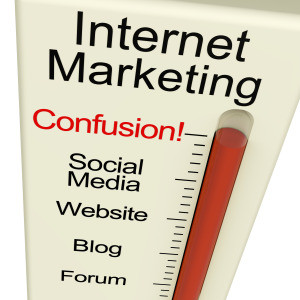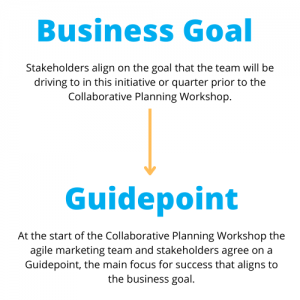— November 16, 2018

Free-Photos / Pixabay
Generation Z makes up about 25 percent of the population, outnumbering both Baby Boomers and Millennials. Born between 1995 and 2010, the eldest members of Gen Z are entering the multigenerational workforce in large numbers, bringing with them a whole new worldview and set of behaviors. For organizations still focusing on how to incorporate Millennials into the workplace, the arrival of Gen Z could come as quite a shock. The sooner companies begin to prepare for managing Generation Z, the better positioned they will be to compete for the best talent in an increasingly competitive labor market.
Leadership Strategies For Managing Generation Z Employees
1: Encourage Competition
Unlike millennials, who are much more likely to feel comfortable working collaboratively in groups to solve problems, Gen Zers are much more individualistic and competitive. They’re more likely to compare their performance to their peers and view their professional careers in zero sum, win-lose terms. In this respect, they are much more similar to the Baby Boomer generation (those born somewhere between 1946 to 1964) than millennials (born between 1980 and 1994). While they’re certainly capable of working in groups, and especially with people of different backgrounds and cultures, they never lose sight of their individual goals.
While too much competition in the workplace can create a toxic environment, there are plenty of ways that leaders can foster a competitive but friendly atmosphere in the workplace. Measuring performance between departments or teams according to clear parameters and guidelines can help Gen Zers to identify what they need to do to succeed, both in the present and in the future. Competition can help to drive innovation and encourage accountability, both of which are highly valued by this newest generation (and previous ones as well).
2: Create Targeted Learning Opportunities
Generation Z is also ambitious. Many of them have entrepreneurial aspirations and are less likely than their predecessors to value a traditional educational path. They also demonstrate an impatience with that process, preferring instead to learn only what they think they need without wasting time on education they don’t see as valuable. While this desire to “hack” their development may pose challenges for some organizations, it provides leaders with a good source of motivation.
By highlighting what skills or experience a Gen Z employee could gain from carrying out a specific task or working with a more experienced employee, insightful leaders can ensure that they are more invested in the outcome of their work. Framing challenges as learning opportunities also encourages Gen Zers to think about how they can apply the skills they’re picking up to further their career development. Organizations should also be sure to offer them self-directed learning tools that they can complete at their own pace and according to their own goals.
3: Keep Them Busy
Millennials may have spent most of their lives in the digital age, but Gen Zers have spent their entire lives in that world. They’ve been bombarded with information and media stimulation from infancy, so it’s no surprise that about one in ten are diagnosed with ADHD. While this has contributed to a preference for multi-tasking, they tend to have rather short attention spans and can get bored with repetitive tasks rather quickly.
This presents a challenge for leaders managing Generation Z employees. Rather than assigning them a single project and expecting them to complete it from start to finish, leaders will get better results by breaking up several tasks and parceling them out over time. Their preference for multi-tasking makes them naturally suited for sprint-oriented task management workflows, where they’re consistently working on something different every day and usually on more than one project at a time.
4: Reward Good Work
Unlike millennials, who tend to value encouraging feedback and want to find a sense of purpose in their careers, Generation Z is more motivated by rewards. While they value work-life balances that allow them to pursue their own entrepreneurial endeavors, they’re more likely to respond to financial incentives than other types of benefits.
Going back to their competitive nature, when Gen Zers perform well, they expect to be rewarded for it. This could come in the form of pay bonuses or increases, promotions, or some other benefit. They want to know that their performance is working toward something, even if it isn’t immediately immediately available. If Gen Zers believe that they don’t have much of a future with an organization, they’re very likely to leave in search of opportunities elsewhere.
As the youngest generation occupies a larger share of the workforce in the coming years, leaders will need to find new strategies for influencing and managing Generation Z. Simply relying upon the same approach that produced good results with millennials isn’t likely to be very effective because it fails to recognize the significant differences between these generations. What’s more, millennials now occupying leadership positions will need to learn how to manage this new wave of employees without simply falling back on the expectations of what worked for them in their early careers.
Business & Finance Articles on Business 2 Community
(71)
Report Post






